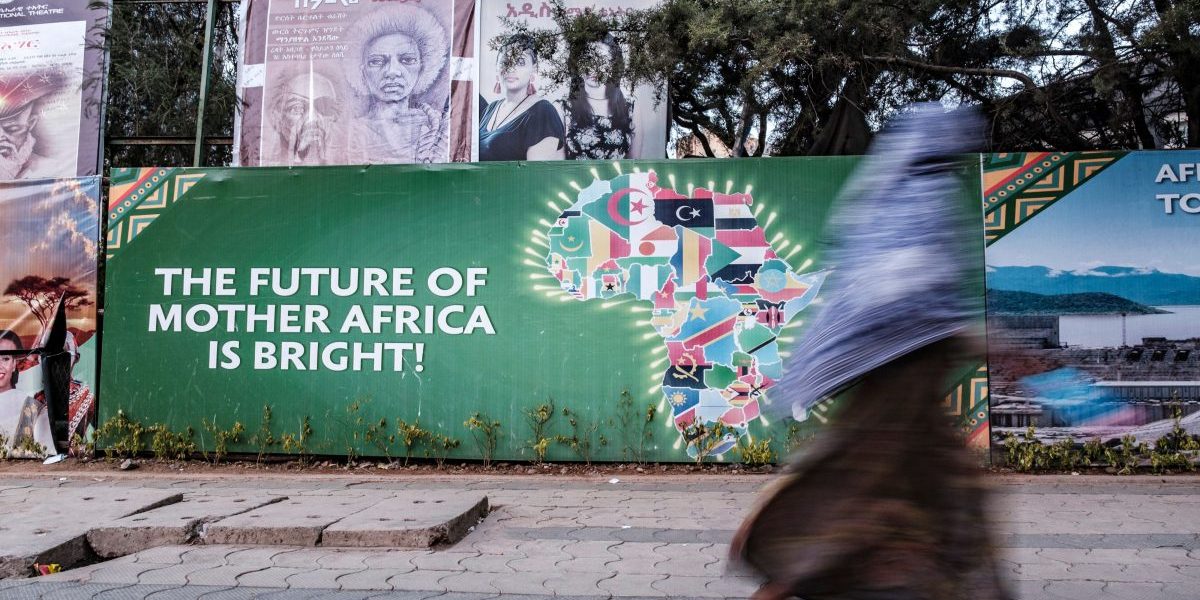
A recent report indicates that governance has deteriorated in nearly half of Africa’s countries over the past decade. The annual Ibrahim Index of African Governance highlights that security challenges are undermining advancements in various sectors.
While 33 nations have made progress, 21 countries have experienced a decline, impacting almost half of the continent’s population. Notable declines in governance have been observed in countries such as Nigeria and Uganda, particularly in the latter half of the decade.
Mo Ibrahim, the founder of the Ibrahim Foundation, emphasized a growing “arc of instability,” attributing this decline to security and safety challenges. In an interview with Reuters, Ibrahim pointed out that issues like corruption and marginalization often incite violence and conflict, as illustrated by recent coups in West Africa and the ongoing war in Sudan.
Despite these challenges, the report also notes positive developments in certain areas. Improvements have been recorded in infrastructure—such as mobile phone access and energy—along with advancements in women’s equality. Health, education, and the business climate have also shown progress across the continent.
However, public sentiment remains largely negative. Many individuals perceive a decline in economic opportunities and safety, even when governance indicators indicate improvement. Ibrahim cautioned that growing public dissatisfaction could trigger unrest, increased migration, and further conflicts.
The report suggests that these negative perceptions may arise from heightened expectations in countries making progress and a focus on ongoing issues. Nonetheless, Ibrahim underscored the necessity of addressing public discontent to prevent further instability.
